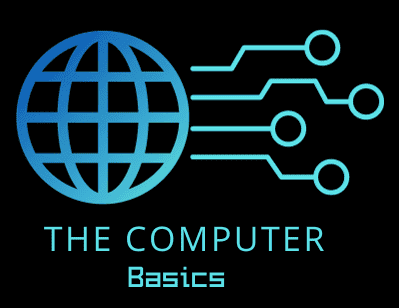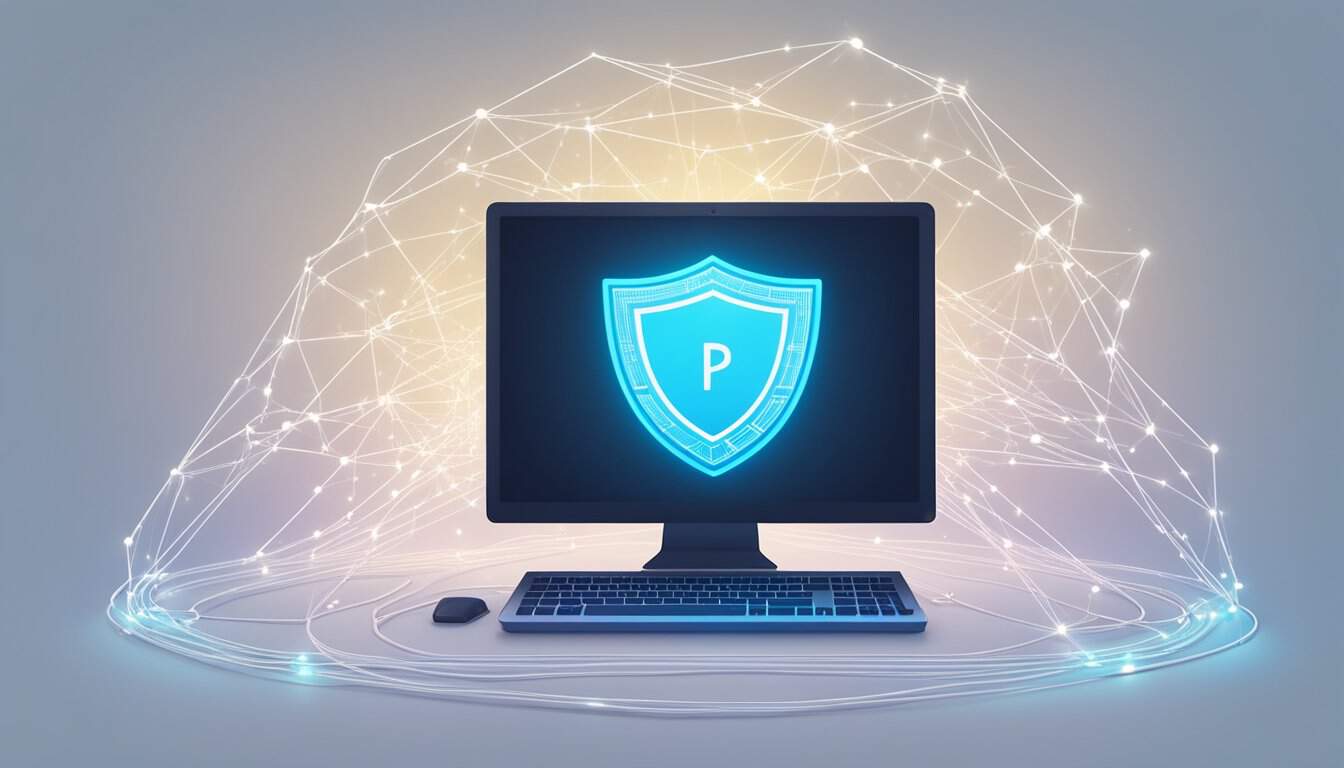In the modern digital age, your online privacy is more important than ever. When you browse the web, you’re leaving digital footprints that can be tracked by various entities, from hackers to corporations to government agencies. That’s where a VPN comes in.
It’s short for Virtual Private Network, and it’s a tool that helps you maintain your privacy and security online.
Think of a VPN as a kind of digital cloak that conceals your online activities. It works by routing your device’s internet connection through the VPN’s private server rather than your internet service provider (ISP).
This means that any data transmitted to or from your device is first encrypted by the VPN, making it unreadable to anyone who might intercept it. By doing so, a VPN ensures that your location, browsing habits, and sensitive information stay private.
So why should you use a VPN? Beyond privacy, VPNs are crucial for protecting your data on public Wi-Fi, bypassing geographic restrictions on websites and content, and preventing tracking or logging of your online activities.
With a VPN, your virtual location can be altered, which can be handy for accessing region-locked content or more competitive pricing online. In essence, it’s like having a secure tunnel no one else can access or see into, keeping your internet experience both private and secure.
The Basics of VPNs
Before diving into how a VPN works, it’s key to understand that it’s a service designed to protect your internet traffic and hide your IP address.
What Is a Virtual Private Network?
A Virtual Private Network (VPN) is like a secure tunnel for your internet connection. It encrypts your data and routes it through remote servers, keeping your activity, your location and your personal information private. Think of it as a protective bubble that shields your online activity from anyone who might be snooping, from hackers to government agencies.
Common VPN Protocols Explained
VPN protocols are the rules and instructions that determine how your data routes between your device and the VPN server. Here’s a rundown of some you might come across:
- PPTP: It stands for Point-to-Point Tunneling Protocol. It’s one of the oldest protocols with widespread support but is generally considered obsolete due to security weaknesses.
- L2TP/IPSec: Layer 2 Tunnel Protocol teams up with IP Security, offering better security than PPTP, but it can be slower and more complex.
- SSL/TLS: These are used especially in web browsers for secure sessions (you might recognize these from the ‘HTTPS’ at the start of a web address).
- IKEv2: Internet Key Exchange version 2 is known for its ability to quickly re-establish a VPN connection if it’s temporarily lost.
- WireGuard: The new kid on the block. It’s designed to be faster and more secure with simpler code which reduces vulnerability.
Each of these protocols has its own balance of speed, security, and compatibility. Your choice will depend on your specific needs, like whether you prioritize anonymity or speed.
How VPNs Enhance Your Privacy
When you’re online, keeping your personal data out of the wrong hands is a top priority. Here’s how VPNs step up your privacy game to the next level.
Encryption: The Core of VPN Security
Encryption is what makes a VPN more than just a fancy connection. It scrambles your data so that it’s unreadable to anyone who might intercept it. Whether you’re on public Wi-Fi or your own secure network, the encryption protocols a VPN uses turn your personal info into a complex code that’s tough to crack. Even if a cyber snoop gets their hands on your data, without the right decryption key, it’s gibberish to them.
Anonymity and Masking Your IP Address
By hiding your real IP address and replacing it with the VPN server’s, you enjoy a level of anonymity that’s hard to beat. Websites, online trackers, and even your internet service provider see the VPN’s IP, not yours. This means your location and browsing habits aren’t tied directly to your personal identity, giving you the freedom to explore the internet without leaving a personal trail.
Avoiding Trackers and Snoops
From pesky cookies that follow your every click to intrusive snoops peeking over your digital shoulder, the internet can feel like a minefield of privacy risks. A VPN acts as your personal guard, routing your online activity through secure servers and keeping your browsing habits under wraps. This not only wards off trackers but also discourages unwelcome snooping on both insecure Wi-Fi networks and home connections.
Common Uses for VPNs

VPNs serve several key purposes that enhance your online experience. From accessing content beyond your country’s borders to ensuring your data remains private on open networks, here’s how a VPN can be your digital ally.
Bypassing Geo-Restrictions and Censorship
You’ve probably hit a roadblock trying to watch a show on Netflix that’s not available in your country. VPNs help you leap over these geo-restrictions by masking your IP address, making it seem like you’re browsing from another location. This way, you can access Google’s diverse suite of services even in countries like China, where they might be blocked due to censorship.
Private and Secure Remote Access
Whether you’re a digital nomad or just checking emails at the local cafe, a personal VPN extends your workplace’s private network, giving you secure access to it from anywhere. Known as a remote access VPN, it encrypts the connection from your device to the network, so your company’s data stays out of prying eyes’ reach.
Safeguarding Data on Public Wi-Fi
The convenience of public Wi-Fi networks comes with a risk, as these connections are often not secure. By using a VPN, you’re wrapping your internet activity in a layer of encryption, similar to how a site-to-site VPN protects data flowing between corporate offices. This helps protect your personal information from hackers lurking on the same public Wi-Fi you’re connected to.
VPNs and Legal Considerations

When you’re navigating the online world, it’s crucial to understand the legal implications of using a VPN. They’re not just about privacy; there are laws that affect their use.
Understanding the Legality of VPNs
VPNs are legal in many countries around the globe, including places like the US and most of Europe. They serve as a powerful tool for enhancing your online privacy by encrypting your internet connection and allowing you to use the web anonymously. Governments usually allow them, recognizing the importance of protecting individuals’ digital rights.
However, some countries with strict government censorship efforts, like Russia and China, impose restrictions on VPN use. It’s essential to check your country’s laws to ensure you’re not accidentally breaking any rules.
Legal vs. Illegal Online Activities with VPNs
Using a VPN itself isn’t inherently illegal; it’s what you do with it that could be. Under the protection of a VPN, your ISP (Internet Service Provider) cannot see your online activities, which is great for your privacy.
But remember, a VPN doesn’t give you a free pass to engage in illegal activities online. The same laws that apply to the internet without a VPN are still in force when you’re using one.
If you’re using a VPN to bypass government censorship in a country where VPNs are banned or restricted, you could be taking a risk. Always use VPNs responsibly and remain mindful of local laws and regulations.
Choosing the Right VPN Service
Selecting the right VPN service is all about balancing your needs for security, privacy, and functionality. You’ll want to consider various aspects from cost to features to ensure you’re making an informed decision.

Free vs. Paid VPN Services
When you’re looking at VPN services, you’ll find both free and paid options. Free VPNs can be tempting because, well, they’re free. But think twice before you dive in.
Often, these services offer limited data allowances, slower speeds, and fewer features. They may also log your data, defeating the purpose of a VPN in the first place.
Paid VPN services, on the other hand, usually provide stronger security features and a more reliable connection. They’re a must-have if you’re serious about protecting your privacy. For just a few bucks a month, you can get peace of mind knowing your data is secure.
Important Features in a VPN
To choose the best VPN, you’ll need to look at the features they offer. Here are some specific things to look out for:
- Encryption: Look for services that offer AES-256 bit encryption, the gold standard in the industry.
- No-logs policy: Ensure your VPN doesn’t keep a track of your online activities.
- Server locations: The more, the merrier. This is especially helpful if you need to bypass geo-restrictions.
- Speed: A VPN that offers unlimited bandwidth and high-speed servers is crucial. This is especially important if you plan to stream or download content.
- Simultaneous connections: Make sure you can connect several devices at once if multiple employees or family members will use the VPN.
Remember, an expert’s insights and thorough research are your best friends when picking a VPN service. Check out in-depth reviews and compare the VPNs to find one that ticks all your boxes.

